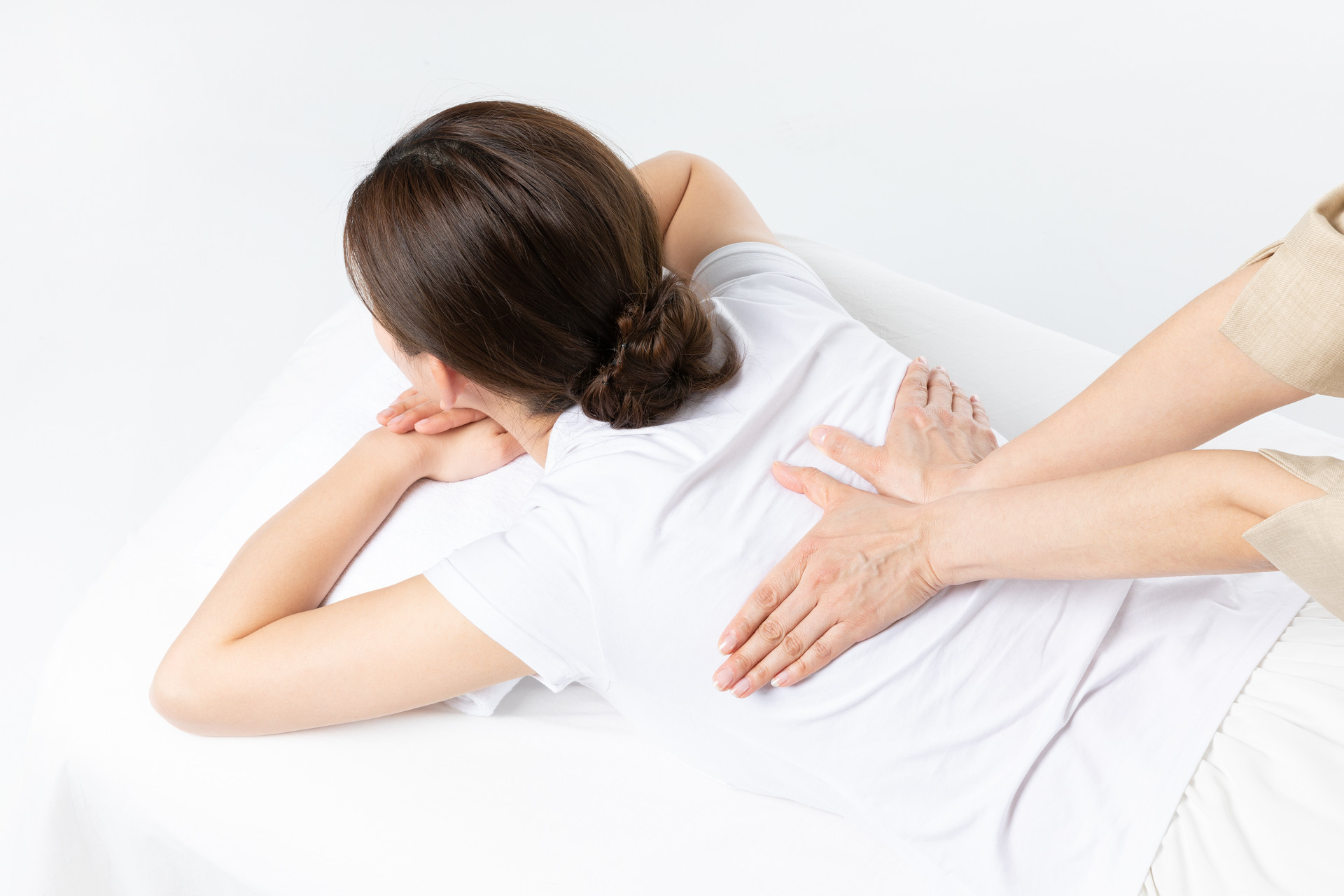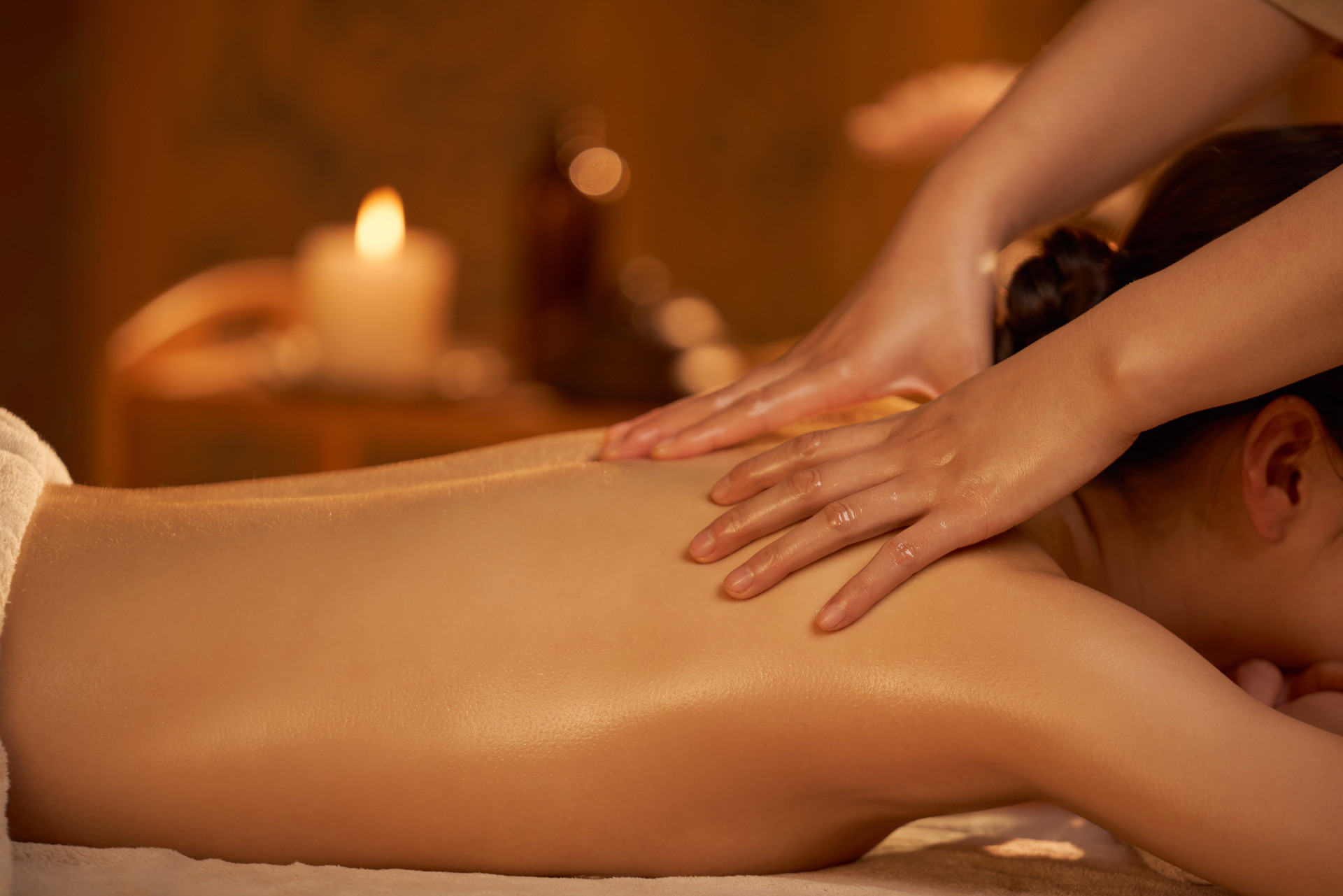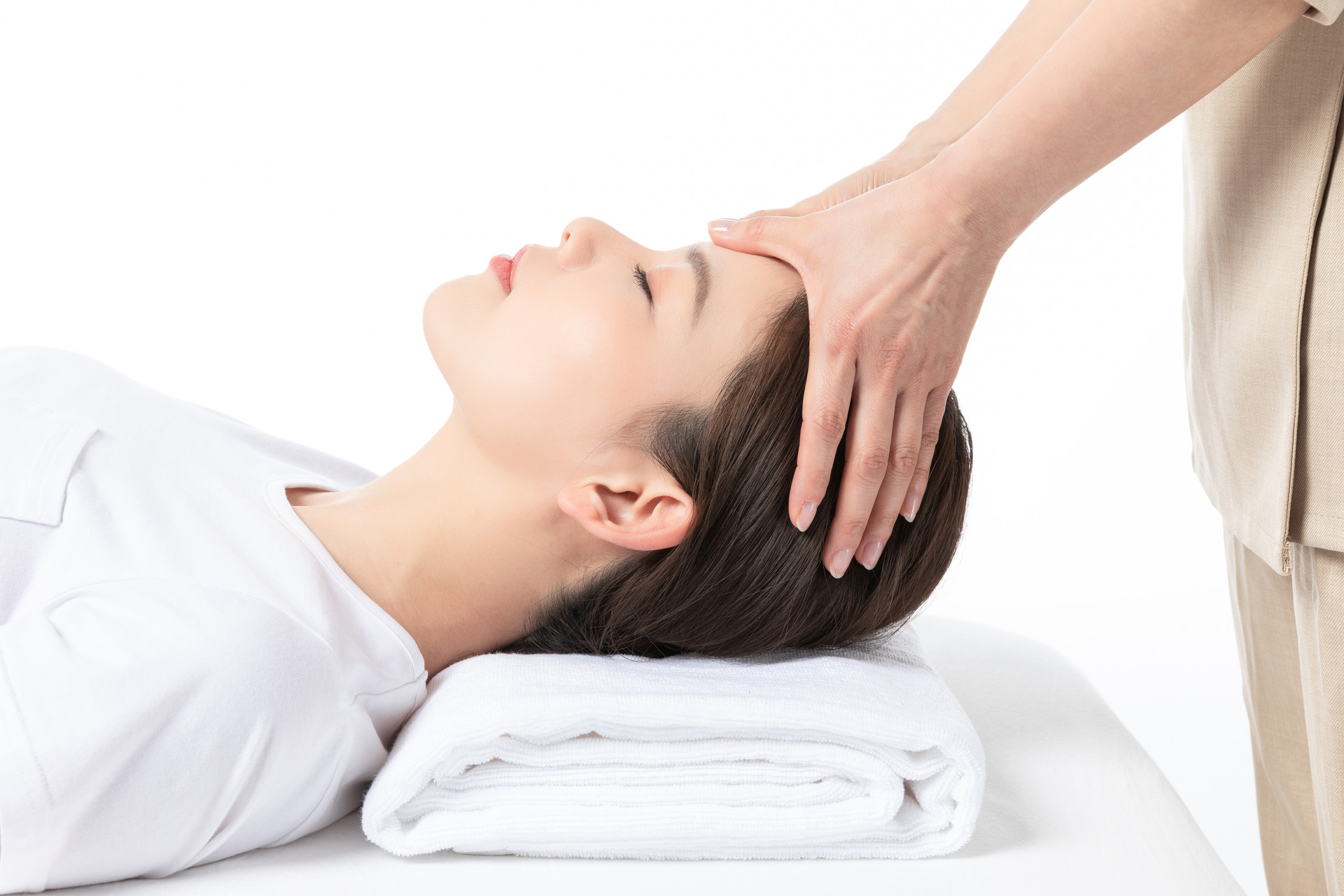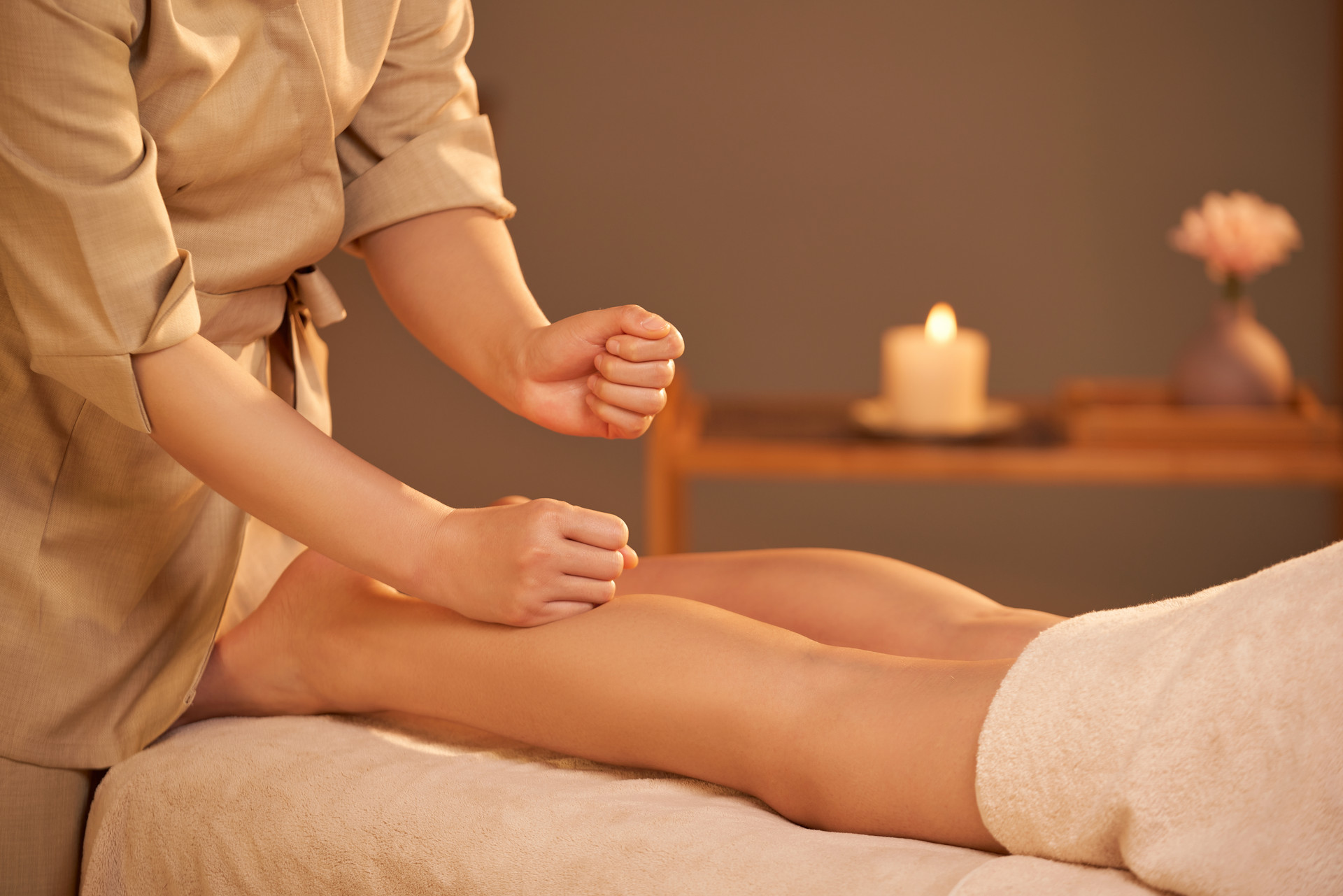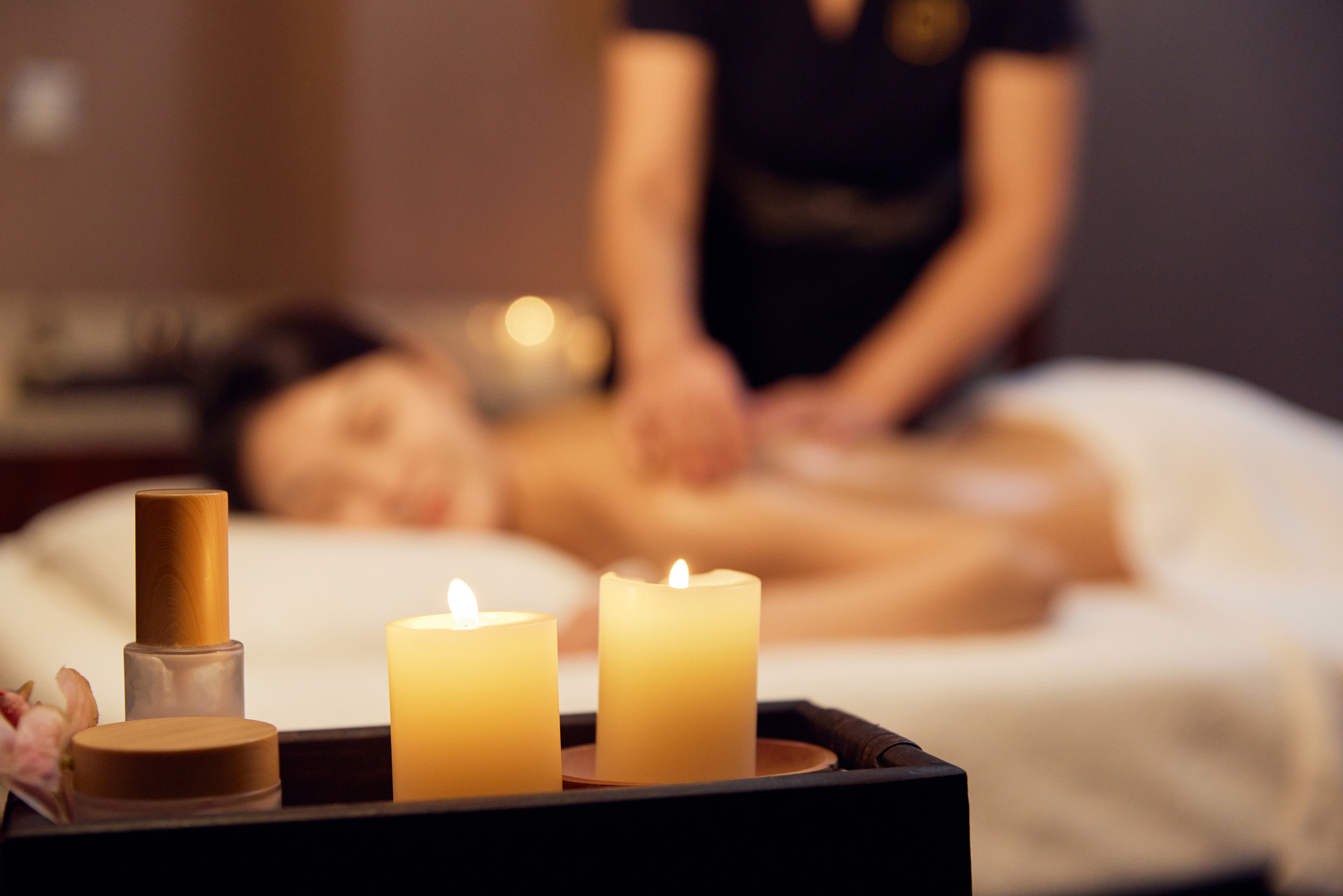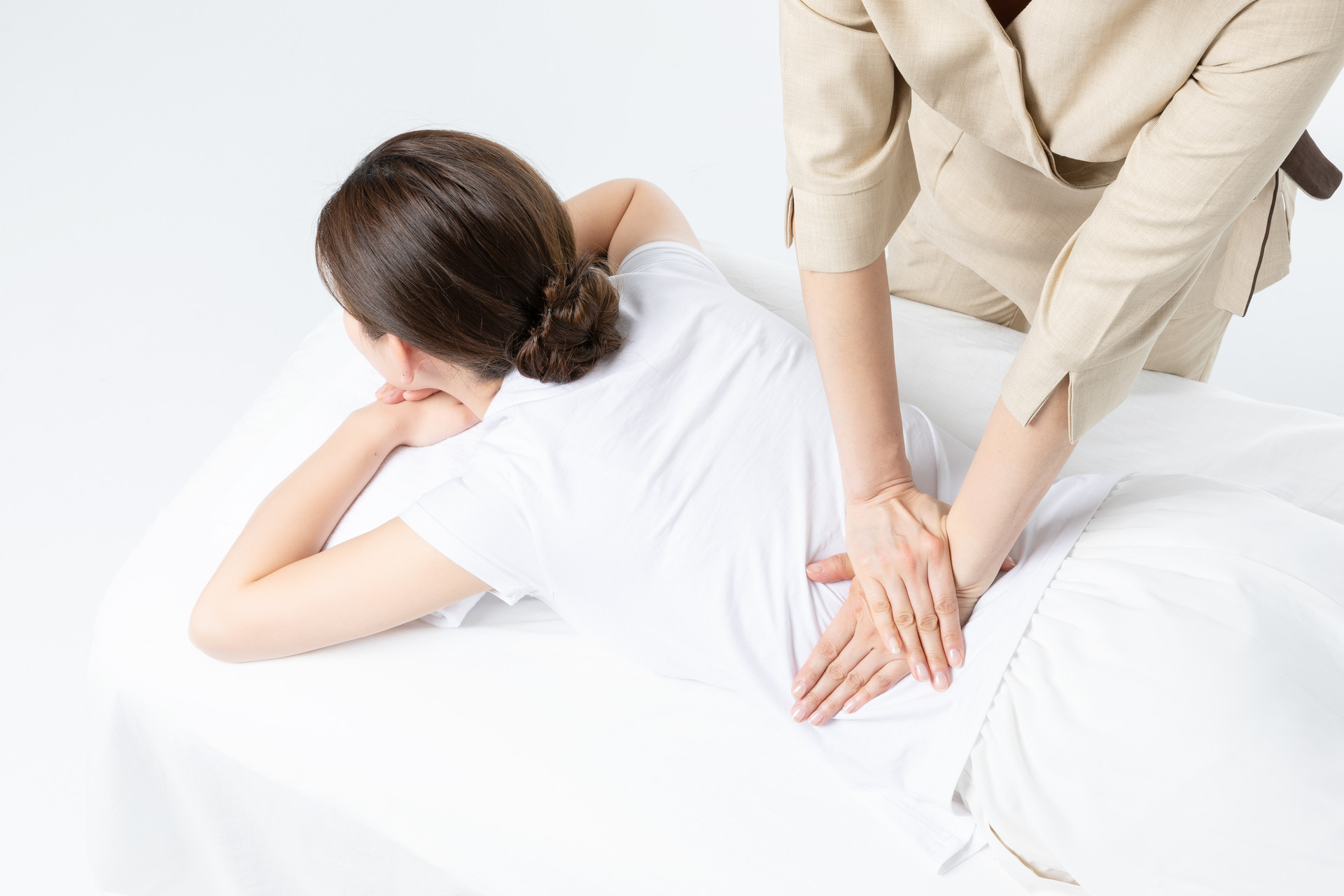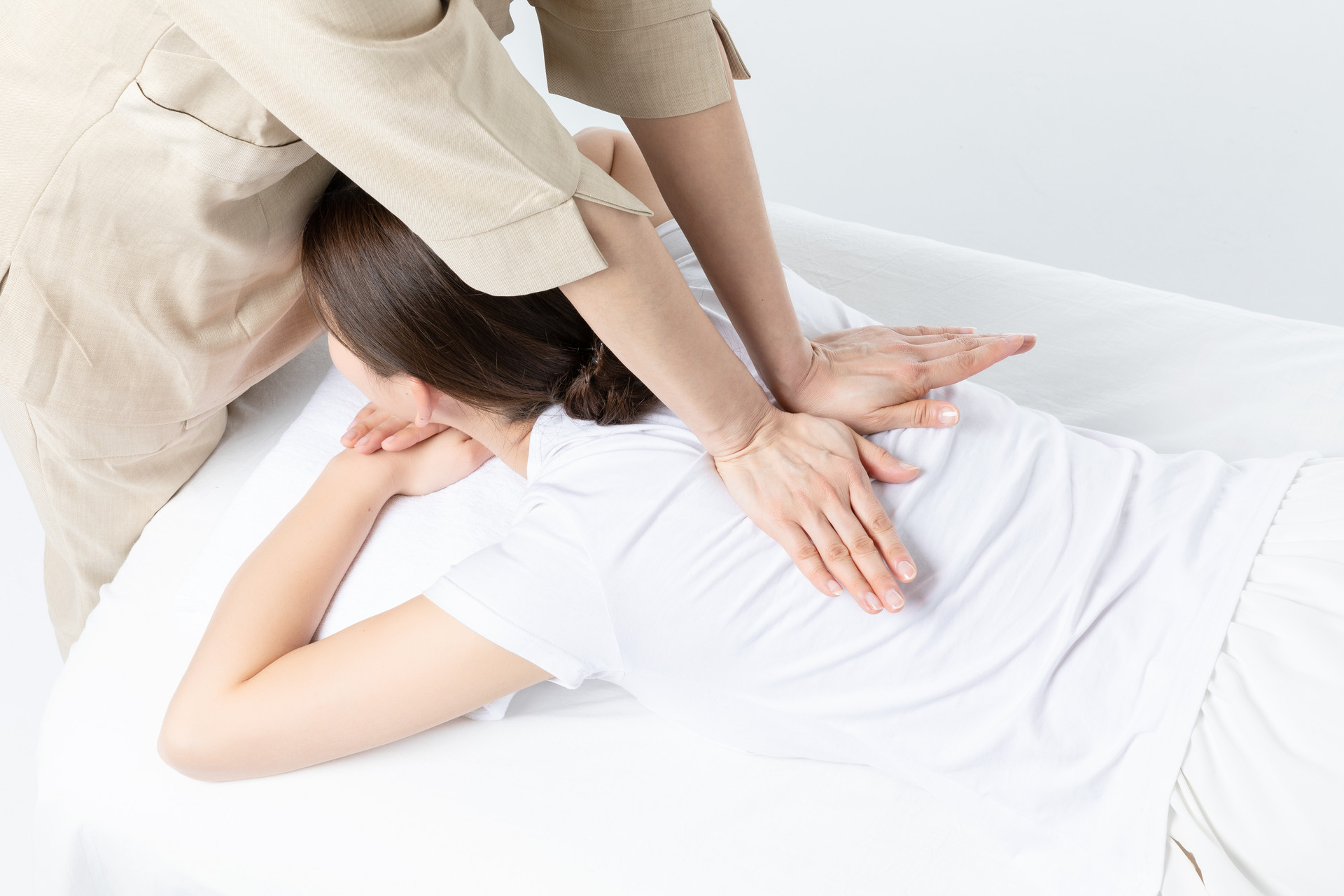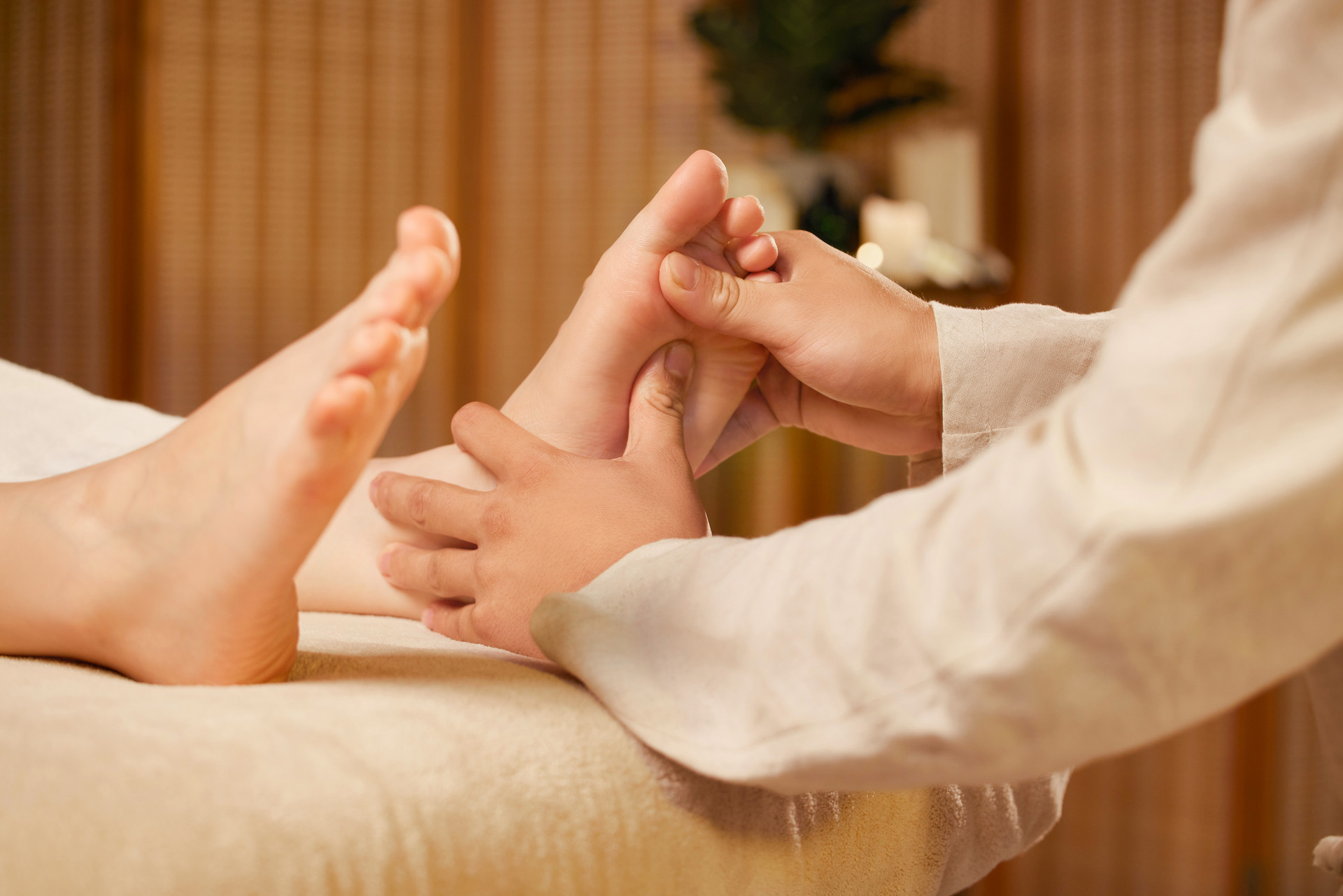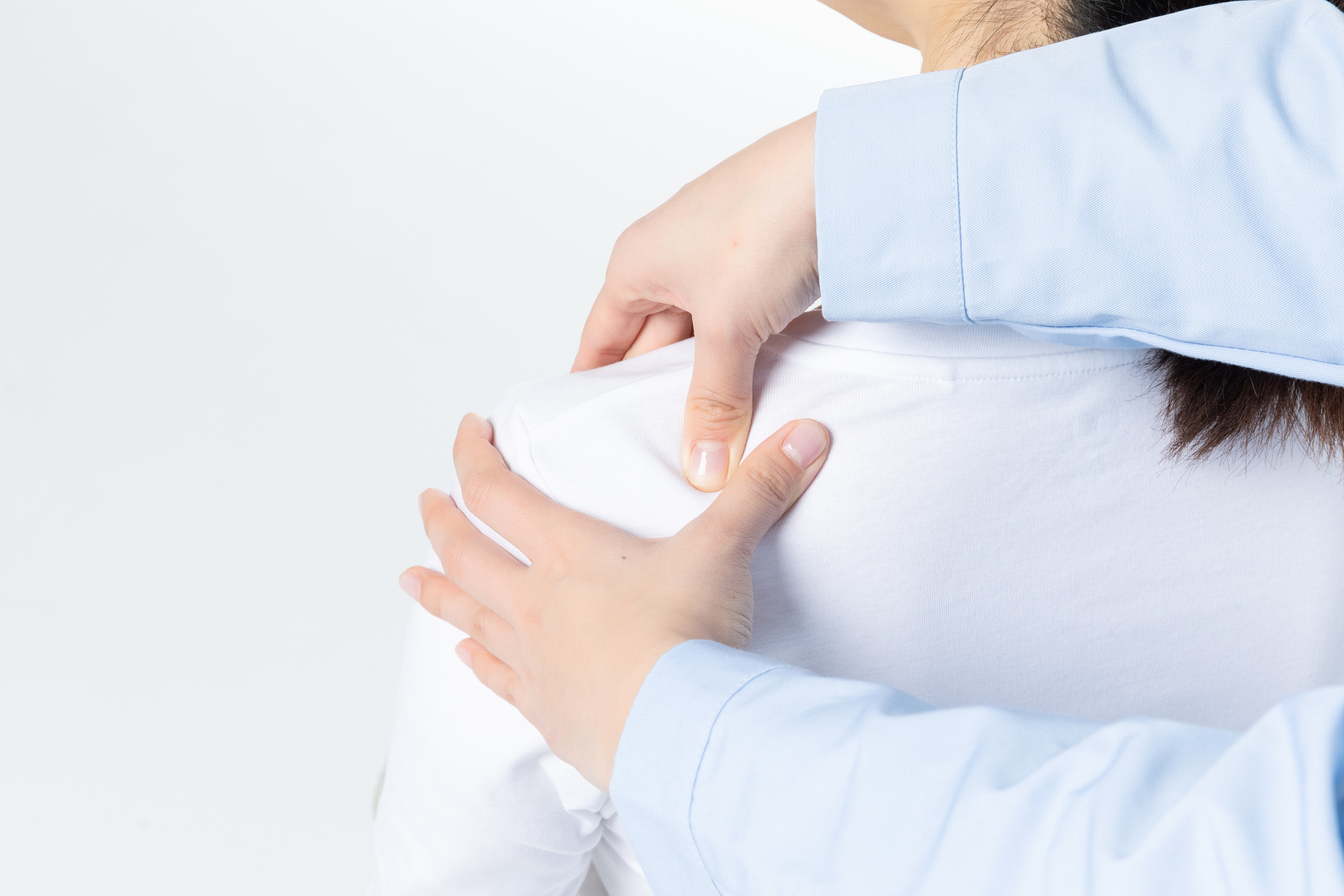Constipation is not a small problem, it is very harmful to the body. To treat constipation and choose the right method, let's take a look at how traditional Chinese medicine acupuncture can treat constipation together with the editor!
【The Hazards of Constipation to the Body】
1. Disturbance of gastrointestinal nerve function
When constipated, the feces accumulate and the absorption of harmful substances can cause disturbances in the gastrointestinal nerve function, leading to loss of appetite, abdominal bloating, belching, bitter taste in the mouth, and excessive flatulence.
2. Formation of fecal ulcers
The hard fecal masses compress the intestinal cavity, narrowing the colon and structures around the pelvic area, obstructing colonic expansion. This can cause ulcers in the rectum or colon, and in severe cases, it can lead to intestinal perforation.
3. Colon cancer
Constipation may prevent the elimination of carcinogens in the intestines for a long time. According to data, about 10% of people with severe constipation develop colon cancer.
4. Development of anorectal disorders
Difficulty in defecation and dry feces during constipation can directly cause or aggravate anorectal disorders such as proctitis, anal fissures, and hemorrhoids.
5. Impairment of brain function
During constipation, metabolic waste remains in the digestive tract for a long time, and the action of bacteria produces a large amount of harmful substances such as methane, phenol, and ammonia. Some of these substances diffuse into the central nervous system, interfering with brain function. The prominent symptoms are decreased memory, lack of concentration, and slow thinking.
【Treatment of Constipation with Traditional Chinese Medicine Acupuncture】
Firstly, patients can undergo acupuncture treatment on the Tian Shu, Large Intestine Yu, and Zhi Gou acupuncture points. Additionally, treatment points should be added based on the specific cause of constipation, and suitable acupuncture treatment methods should be selected.
If the patient has a stagnant stool, purgation acupuncture should be used. If the patient has a deficiency syndrome, tonifying acupuncture should be used. For patients with cold stagnation, acupoints Shen Que and Qi Hai can be added, and moxibustion therapy can also be used. For patients with heat stagnation, acupoints He Gu and Qu Chi can be used for acupuncture at the same time. For patients with Qi stagnation, acupoints Zhong Wan and Xing Jian can be used. For patients with Qi and blood deficiency, acupoints Pi Yu and Stomach Yu can be used simultaneously.
The first group of acupuncture points that can be selected include Pi Yu, Yang Guan, Zu San Li, San Yin Jiao, and Zhong Liao. The specific acupuncture method that can be used is to take 2 needles each time using the puncture method. The second group of acupuncture points that need to be selected include Zu San Li, Zhi Gou, Yang Ling Quan, and Da Heng Xue. Acupuncture should be performed once a day, and the method of lifting and scraping with moderate stimulation should be used, leaving the needles in the acupuncture points for 15 minutes.
If the patient uses ear acupuncture, the acupuncture points that need to be selected include the lower rectum, large intestine, liver, and heart points. When performing acupuncture, Wang Bu Liao Xing seeds should be used to press the acupoints, and the seeds should be changed once a week.
【Massage Method for Treating Constipation】
Massage Method 1:
Press the Zhi Gou acupuncture point on one hand with the thumb of the other hand, while placing the other four fingers on the opposite side of the acupuncture point. Press the thumb vertically and downwards, then flex and extend the wrist joint of the hand being pressed.
Allow the stimulation to fully reach the deep muscle tissue, producing sensations such as acidity, numbness, swelling, pain, heat, and radiation. After 20-30 seconds, gradually relax and gently rub the area.
Repeat this process, alternating between left and right, pressing each acupuncture point for 5-10 minutes each time.
Massage Method 2:
Before attempting to defecate, press the Zhi Gou acupuncture point on both sides with the thumbs, gradually increasing the pressure. Massage and acupressure should produce a sense of soreness, numbness, swelling, and pain. For individuals who respond sensitively, after 10-15 minutes, intestinal peristalsis will begin to strengthen, and the urge to defecate will arise. If unsuccessful, try again the next day. A course of treatment consists of 10 attempts. For patients with "hiccup," massage should be accompanied by deep breathing exercises, which will produce immediate effects.


